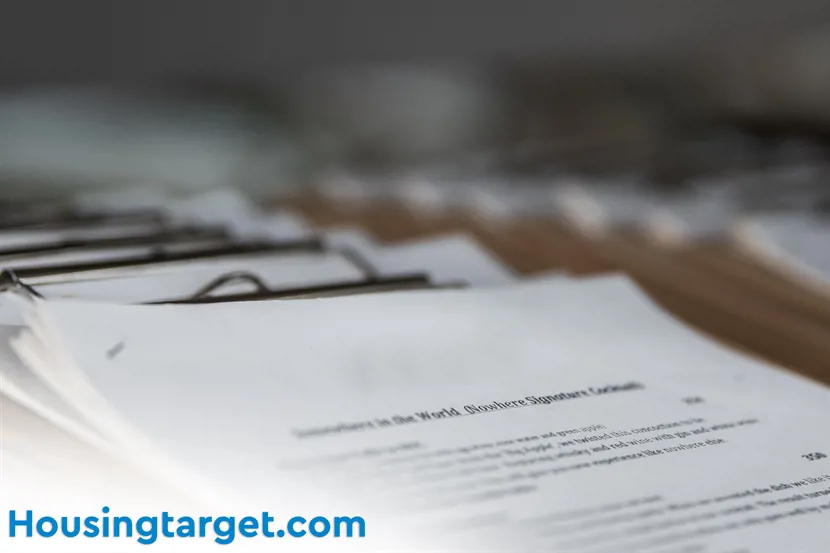Taxatierapport

What is a Taxatierapport?
A Taxatierapport, in the context of Dutch real estate, is an official valuation report that meticulously scrutinizes the worth of properties. Prepared by a certified and autonomous taxateur, this extensive document relies on diverse factors and methodologies to ascertain the market value of the property.
What Does a Taxatierapport Include?
The Taxatierapport embarks on a comprehensive journey, intricately dissecting the property's attributes, location, and condition. It examines the property's dimensions, layout, construction caliber, amenities, and distinctive features that might sway its market value. Simultaneously, the report duly considers the environs, encompassing neighborhood characteristics, proximity to facilities, and transportation links, which inevitably influence its worth.
What Methods Does a Taxatierapport Use?
Aiming to provide an accurate valuation, the appraiser deploys diverse valuation methods, such as the comparison approach, income approach, and cost approach. The comparison approach rigorously analyzes recent sales of comparable properties in the vicinity, while the income approach appraises the property's potential to generate revenue. Conversely, the cost approach factors in the expenses associated with reproducing or replacing the property.
What is the Role of a Taxatierapport?
Embracing a myriad of purposes in the Dutch real estate landscape, the Taxatierapport serves as a vital document for mortgage applications, property transactions, insurance matters, and tax assessments. Endowed with reliability and professionalism, it empowers stakeholders with an objective assessment of a property's value, thereby fostering informed decision-making and ensuring transparency in the realm of real estate transactions.
